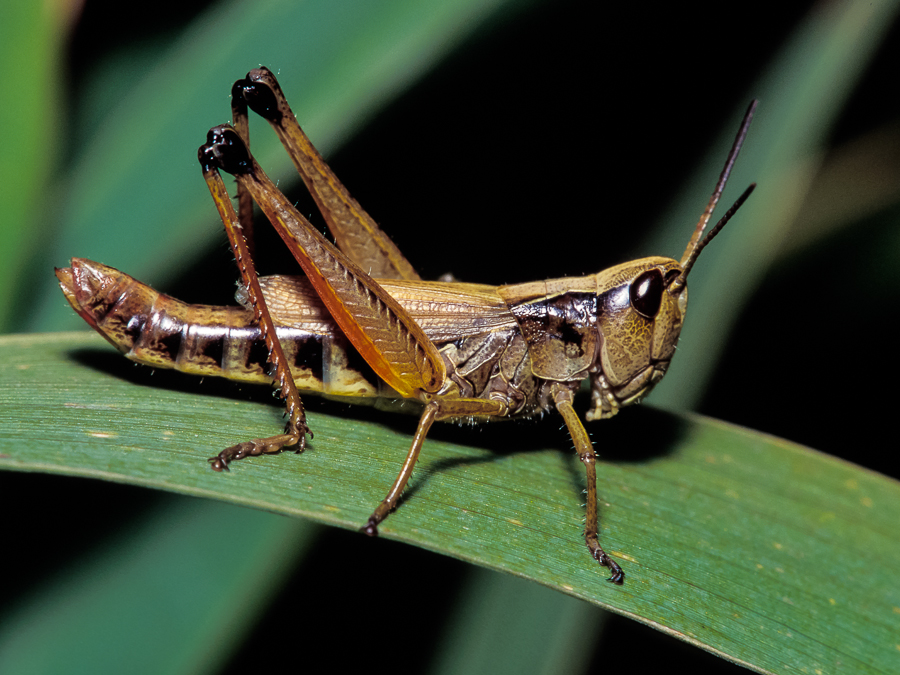Two years ago, a man in Indonesia celebrated his 146th birthday.[1] The human life span has expanded by decades. For centuries the average life span was about 40. Age 50 made you an honored elder. Now humans who celebrate their 100th birthday rarely make the news. Advances in medicine, nutrition, and basic sanitation have made this possible. But University of Illinois at Chicago epidemiologist S. Jay Olshansky has the radical idea that living longer should not be the focus if we fail to also live better as well. [2][3]
Tithonus
According to the Greek myth, the goddess Eros persuaded Zeus to grant her lover Tithonus eternal life. However, she failed to ask for eternal youth as well. So Thinonus grew older and older, and yet never died. His body became frail and weak. As he got smaller and more frail, he begged Eros to return him to his mortal state and let him die. But the goddess did not have the power to grant his wish. He lived on, and continued to waste away until he became so small and shriveled that he became the first grasshopper.[4] Rather than being a joyous extension of life, immortality became a curse and he begged for death.
Today
Increased longevity has brought on an increase in health and economic issues that our current social systems have not caught up to. Susan Golden of Stanford University said that longer lives require a wellness-based approach that needs to start in childhood. She claims that in Denmark, the primary care physicians are paid more than specialists, reducing the economic incentive to manage illness and focus on preventative lifestyles instead.[2] Her article covered provided interesting insight into some of the pluses and problems of the search for longevity and presented some possible solutions to the Tithonus fallacy.
It is simply common sense that what we seek is an extension of the quality of life, not merely the quantity.
Additional Reading and Footnotes:
- ‘World’s oldest man’ celebrates 146th birthday and says patience is key for long life
- Human Lives Might Be Long Enough Already
- Shifting focus from life extension to ‘healthspan’ extension
- Some translations say Tithonus became a cicada, others say a cricket.

